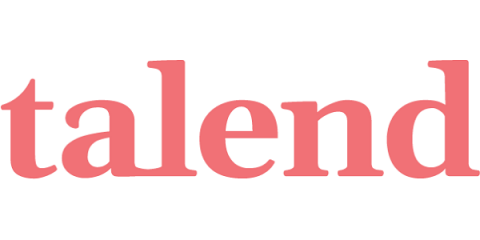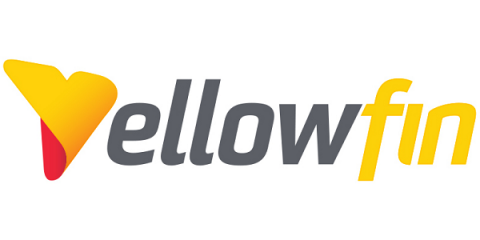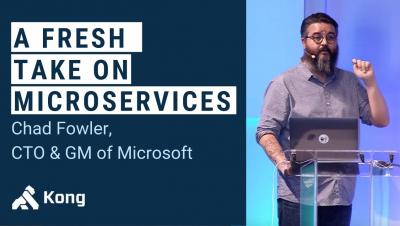Have you checked out Talend's 2019 summer release yet?
Have you had a chance to take a look at Talend’s summer 2019 product release? Our 2019 release has some exciting features that not only will help improve your productivity but will help you scale data projects across your organization. We are all about helping you do your work faster, and we think you’ll find the new features in this latest product release pretty great.









